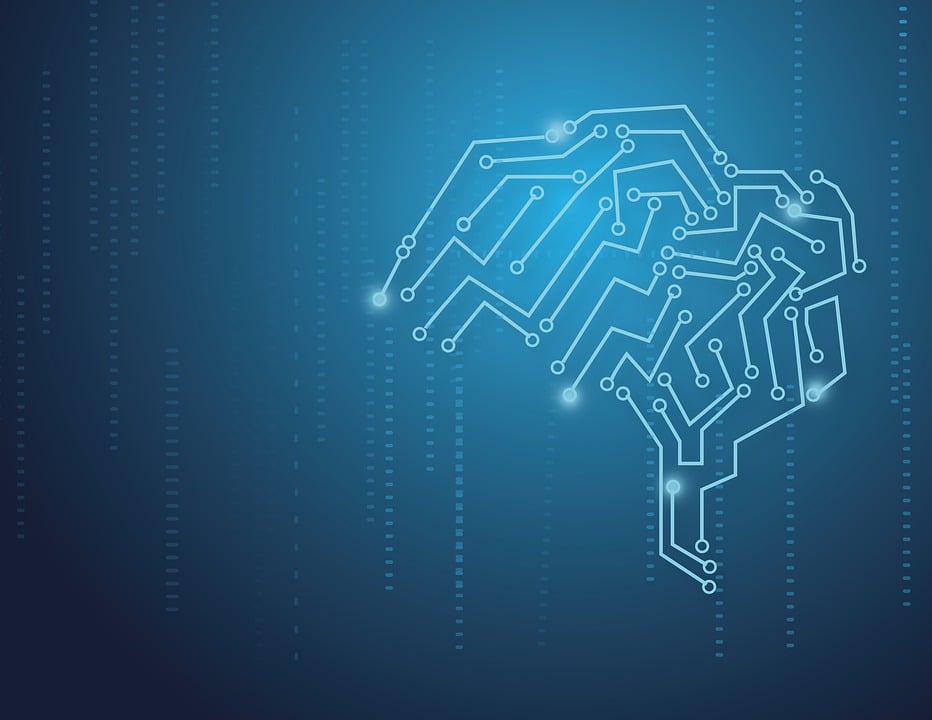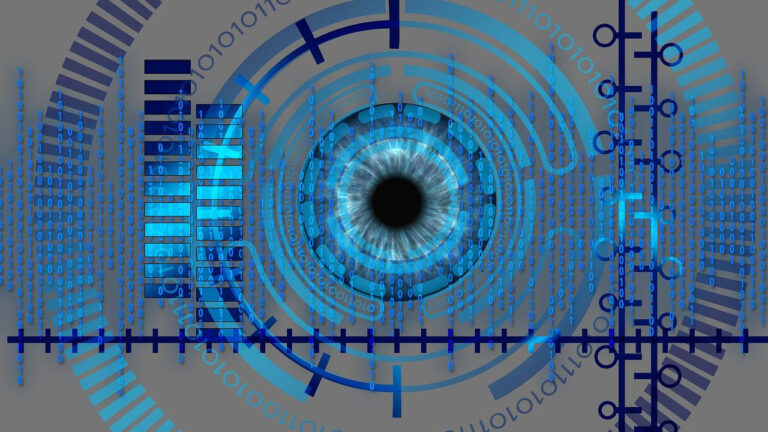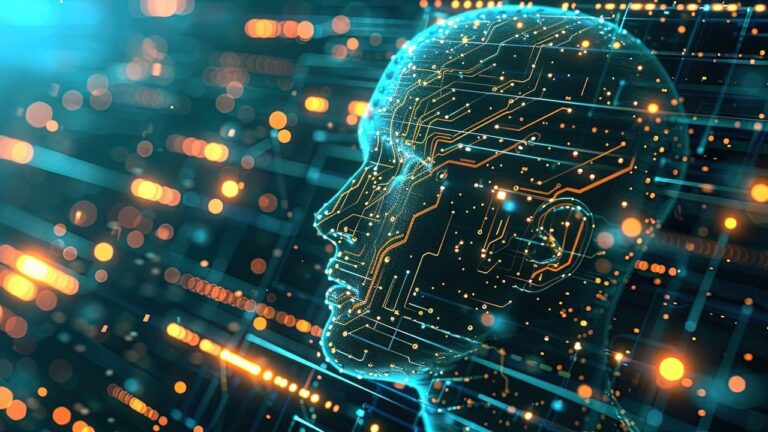Understanding Artificial Intelligence: A Journey Through Time and Innovation

Artificial Intelligence (AI) has become one of the most transformative technologies of our era, reshaping industries, enhancing human capabilities, and posing profound questions about the future. As we embark on this journey to understand AI, we will explore its origins, its current impact, and the exciting future it promises. This exploration will not only deepen your understanding of AI but also inspire you to consider its potential in your personal and professional life.
The Genesis of Artificial Intelligence
The roots of AI can be traced back to ancient history, where myths and stories often depicted artificial beings endowed with intelligence. However, the formal study and development of AI began in the mid-20th century. The term “artificial intelligence” was coined by John McCarthy in 1956 during the Dartmouth Conference, which is considered the birth of AI as a field of study.
In its early days, AI research focused on symbolic reasoning and problem-solving. Pioneers like Alan Turing laid the groundwork by proposing the Turing Test, a method to assess a machine’s ability to exhibit intelligent behavior equivalent to, or indistinguishable from, that of a human. These foundational ideas paved the way for the development of AI systems that could perform tasks previously thought to require human intelligence.
The Evolution of AI: From Narrow to General Intelligence
AI has undergone significant evolution since its inception. Initially, AI systems were designed for specific tasks, known as narrow AI. These systems excelled at tasks like chess playing, language translation, and medical diagnosis but lacked general intelligence. Narrow AI achieved remarkable success, with systems like IBM’s Deep Blue defeating world chess champion Garry Kasparov in 1997 and Google’s AlphaGo beating Go champion Lee Sedol in 2016.
The goal of AI research has always been to create systems with general intelligence—machines that can understand, learn, and apply knowledge across a wide range of tasks, much like a human. Despite significant progress, achieving general AI remains a formidable challenge, prompting ongoing research and debate within the scientific community.
AI in Today’s World: Transforming Industries and Lives
Today, AI is ubiquitous, touching virtually every aspect of our lives. It powers voice assistants like Siri and Alexa, recommends products on e-commerce platforms, and optimizes supply chains in industries worldwide. AI’s impact is particularly profound in the following sectors:
Healthcare
AI is revolutionizing healthcare by improving diagnostics, personalizing treatment plans, and predicting disease outbreaks. Machine learning algorithms analyze vast amounts of medical data to identify patterns and provide insights that can save lives. For instance, AI-driven imaging systems assist radiologists in detecting early signs of diseases like cancer, significantly enhancing diagnostic accuracy.
Finance
In the financial sector, AI algorithms analyze market trends, manage risks, and detect fraudulent activities. High-frequency trading, powered by AI, allows financial institutions to execute trades at lightning speed, maximizing profits. Additionally, AI-driven chatbots provide personalized customer service, enhancing user experience and reducing operational costs.
Transportation
The transportation industry is on the brink of a revolution, thanks to AI. Self-driving cars, once a futuristic dream, are becoming a reality. Companies like Tesla and Waymo are developing autonomous vehicles that promise to reduce accidents and improve traffic flow. AI also optimizes logistics, ensuring efficient delivery of goods and services.
Education
AI is transforming education by personalizing learning experiences and providing access to quality education worldwide. Intelligent tutoring systems adapt to individual learning styles, ensuring that each student receives a tailored education. AI-driven platforms offer courses in various languages, breaking down language barriers and democratizing education.
The Ethical Implications of AI
As AI continues to advance, it raises important ethical questions and challenges. Issues such as privacy, bias, and job displacement require careful consideration. AI systems often rely on vast amounts of data, raising concerns about data privacy and security. Moreover, biases in AI algorithms can lead to unfair and discriminatory outcomes, necessitating efforts to ensure fairness and transparency.
The impact of AI on the workforce is another area of concern. While AI has the potential to automate routine tasks and increase productivity, it may also lead to job displacement in certain sectors. It is crucial to develop strategies that balance technological advancement with workforce development, ensuring that workers are equipped with the skills needed in an AI-driven economy.
The Future of AI: Opportunities and Challenges
The future of AI is filled with both excitement and uncertainty. As AI technology continues to evolve, it offers opportunities for innovation and growth, but also presents challenges that must be addressed.
Opportunities
AI has the potential to solve some of the world’s most pressing challenges, from climate change to healthcare access. AI-driven solutions can optimize energy consumption, develop new materials, and accelerate scientific research. In healthcare, AI can improve disease prediction, personalize treatments, and democratize access to medical services.
Challenges
To fully realize AI’s potential, society must address several challenges. Ensuring data privacy, eliminating algorithmic bias, and developing ethical frameworks for AI deployment are critical. Furthermore, fostering collaboration between governments, academia, and industry is essential to create policies that promote innovation while safeguarding public interests.
Conclusion: Embracing the AI Revolution
Artificial Intelligence is not just a technological advancement; it is a revolution that promises to reshape our world. By understanding its history, current applications, and future potential, we can harness AI’s power to create a better, more equitable society. As we navigate the complexities of AI, let us embrace its opportunities, address its challenges, and work together to build a future where AI enhances human potential and contributes to the greater good.
AI is here to stay, and its impact will only grow in the coming years. By staying informed and engaged, we can ensure that this transformative technology serves humanity’s best interests, inspiring us to reach new heights and explore uncharted territories. The journey of AI is just beginning, and it is a journey worth taking.






